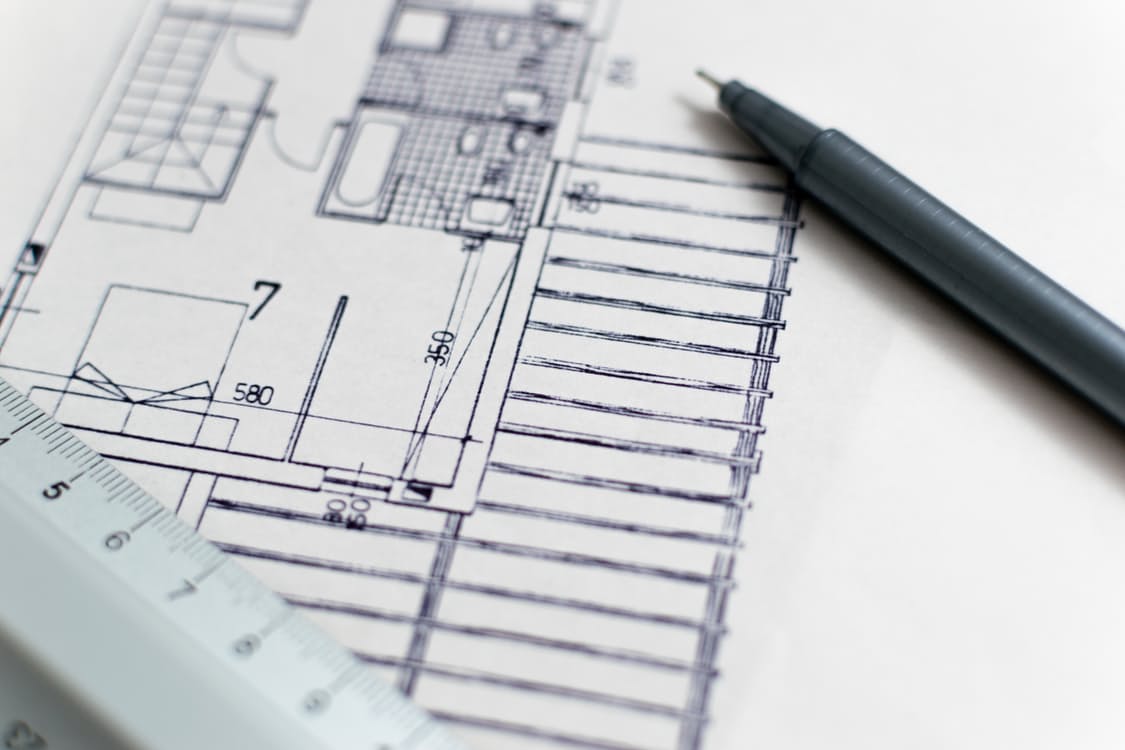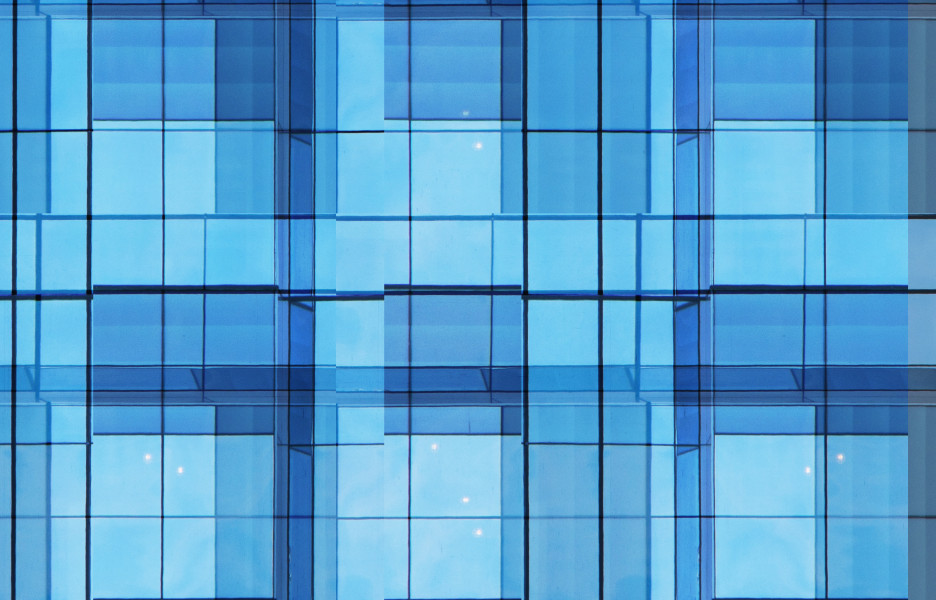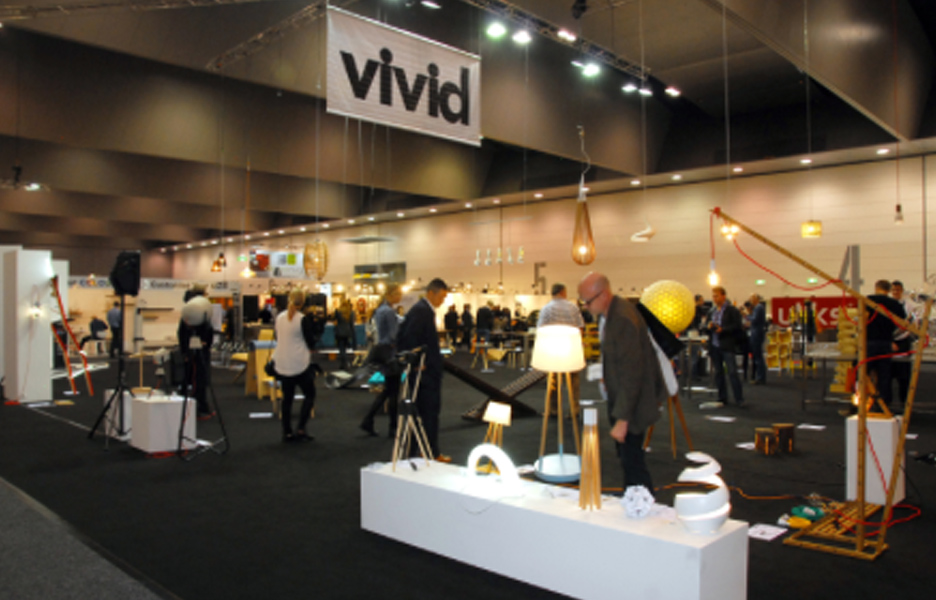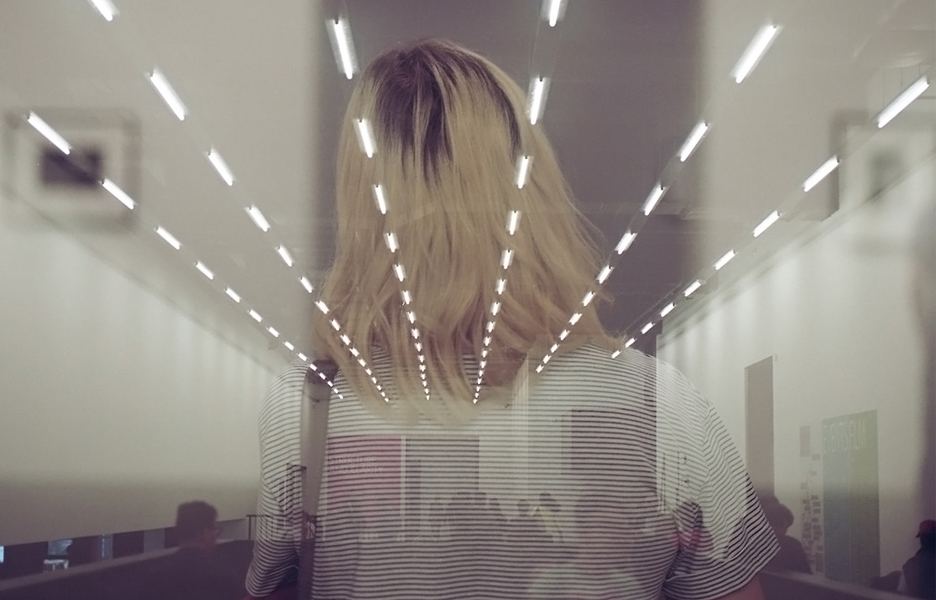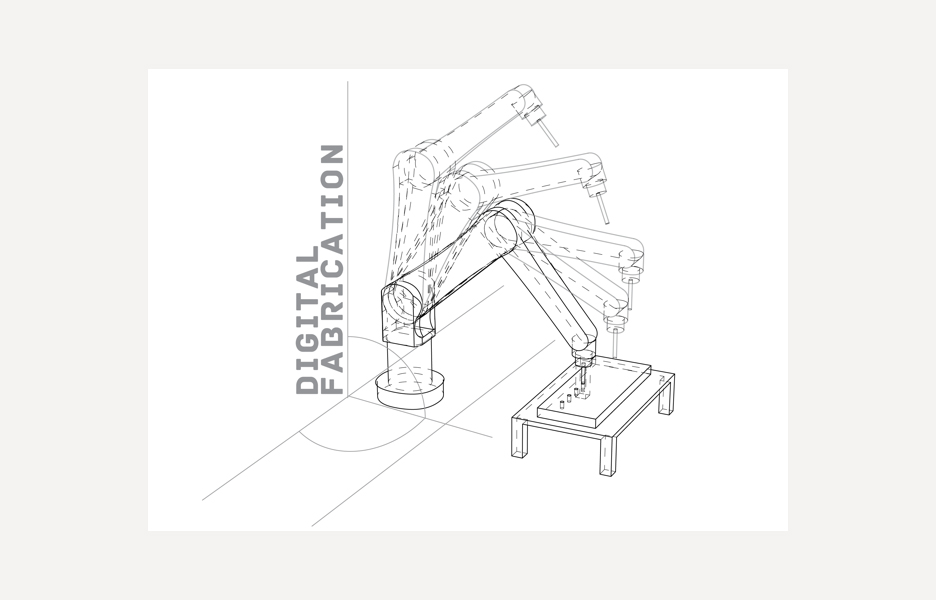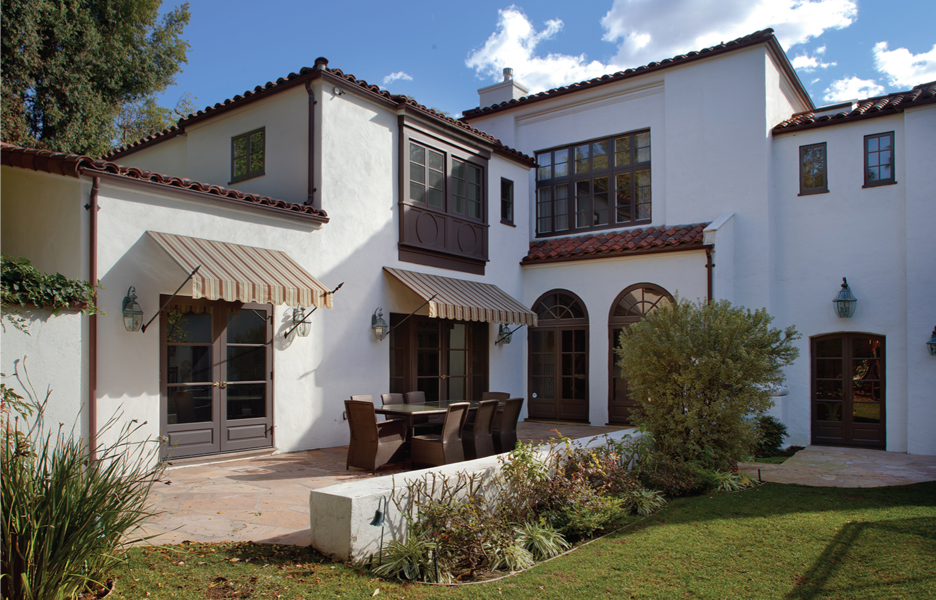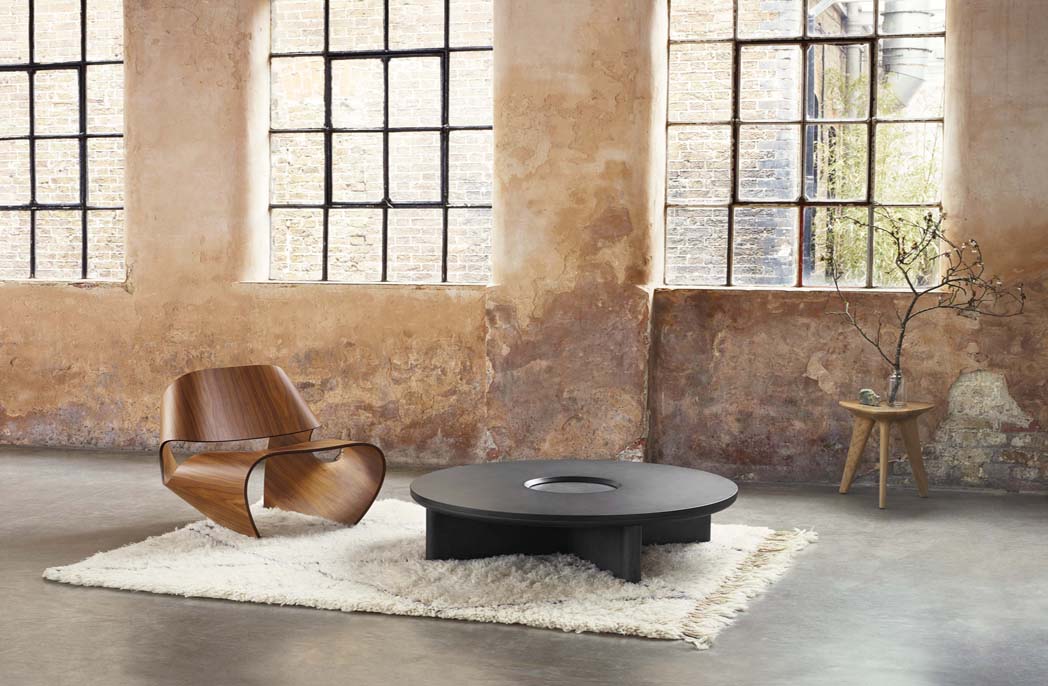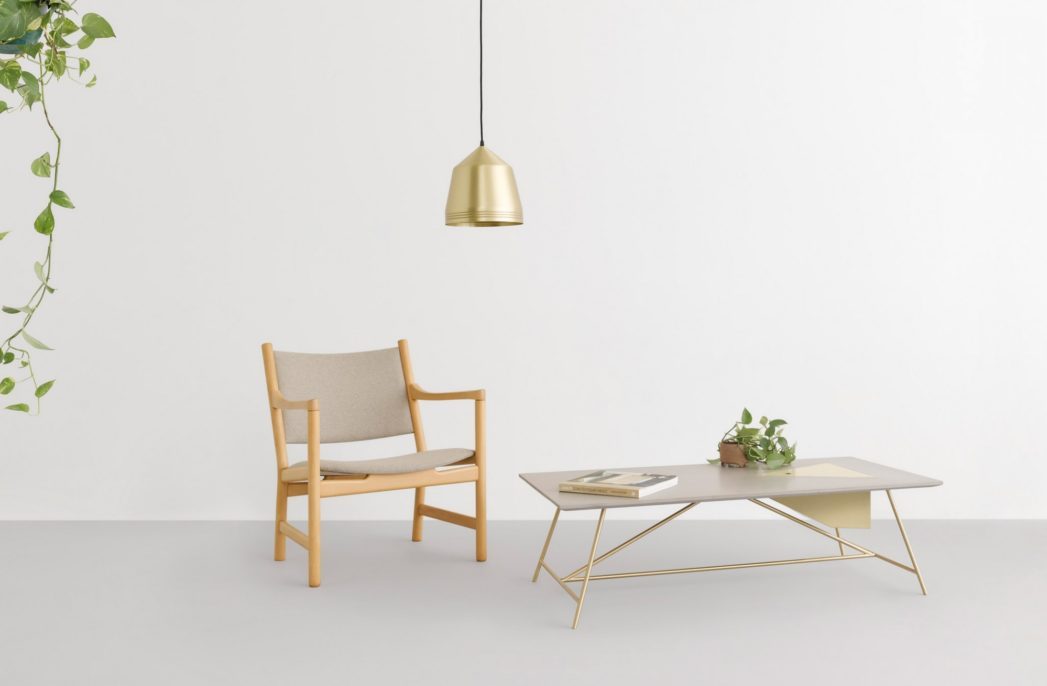
NZ designers’ virtual hugs a finalist in Lexus Design Awards 2021
NZ designers’ virtual hugs a finalist in Lexus Design Awards 2021
Share
A device that enables virtual hugs from New Zealand-based designers Gayle Lee and Jessica Vea is one of six finalists in this year’s Lexus Design Awards.
The duo, who are recent Auckland University of Technology graduates, designed Heartfelt in response to the COVID-19 pandemic.
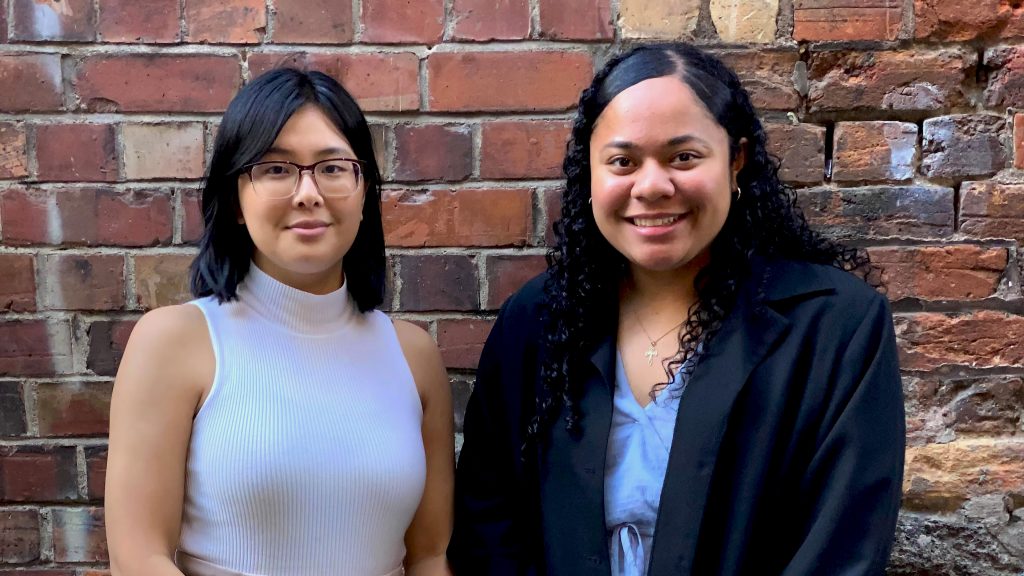
Once connected, the little grey heart-shaped device works by illumination and vibration, sending a ‘hug’ to the receiver in the same way you might send a text message or a bluetooth photograph.
“Heartfelt aims to explore what ‘being present’ might look like during the age of a pandemic,” explains Lee, who is originally from New Zealand and Vea, who is from Tonga.
“It also seeks to assist with the anxiety and emotional stresses of being alone through simple long-distance devices.”
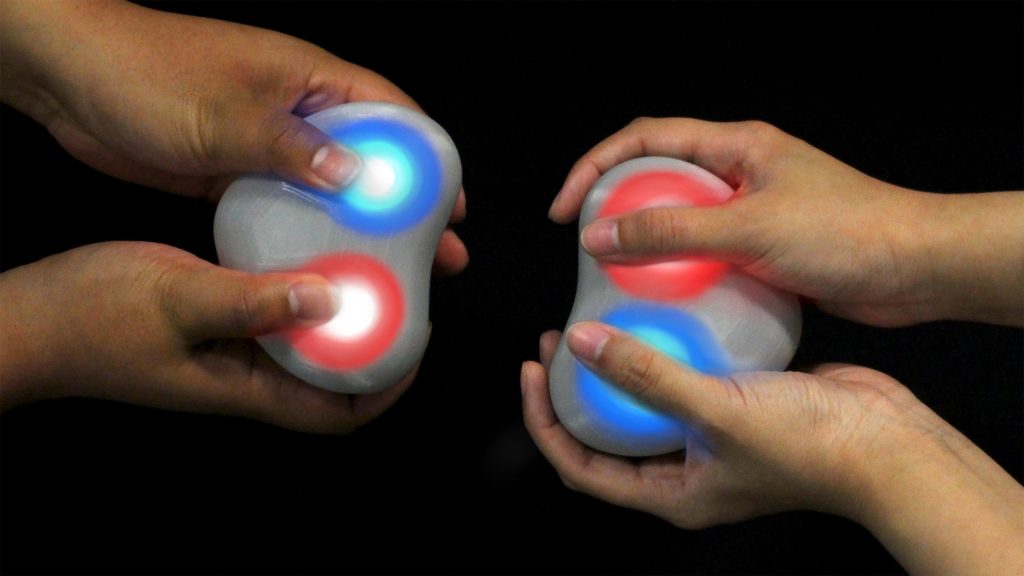
The Lexus Design Awards invites creatives all over the world to “Design for a Better Tomorrow” guiding them to “innovate, anticipate and captivate”. More than 2000 projects were entered in this year’s awards from 66 countries.
The six finalists were chosen for their “original and inventive solutions which highlight the creative interplay between design and technology” and were invited to a virtual five-day workshop with the Lexus Design Award 2021 mentors Joe Doucet, Sabine Marcelis, Mariam Kamara and Sputniko!
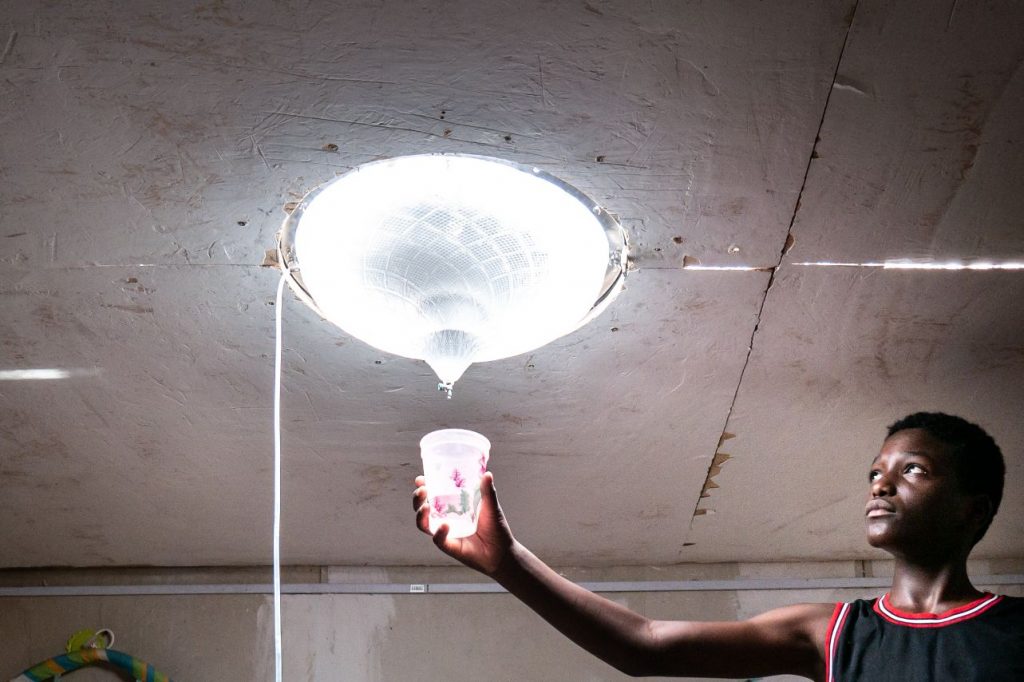
Fellow New Zealander Henry Glogau is another of the six finalists.
Recently graduated from the Royal Danish Academy, the architect is behind Solar Desalination Skylight, which transforms solar energy and seawater into a natural diffused light and drinking water, while utilising the leftover salt brine for energy creation.
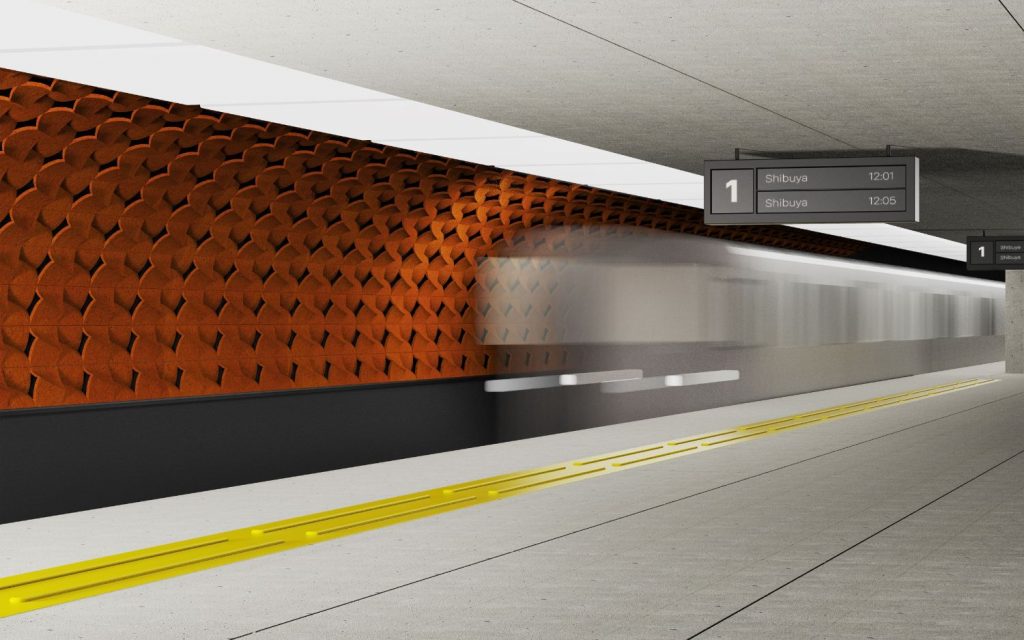
Chinese-born, Japan-based Intsui Design also uses renewable energy in its project.
Terracotta Valley Wind is an evaporative cooling system that uses terracotta and the unused wind resource in subway stations to cool and reduce energy consumption in the summer months.
Similarly, Japanese industrial designer Kenji Abe explores recycling and reuse in his project – CY-BO – a cytologically-inspired packaging material that can transform into various shapes by combining pieces together.
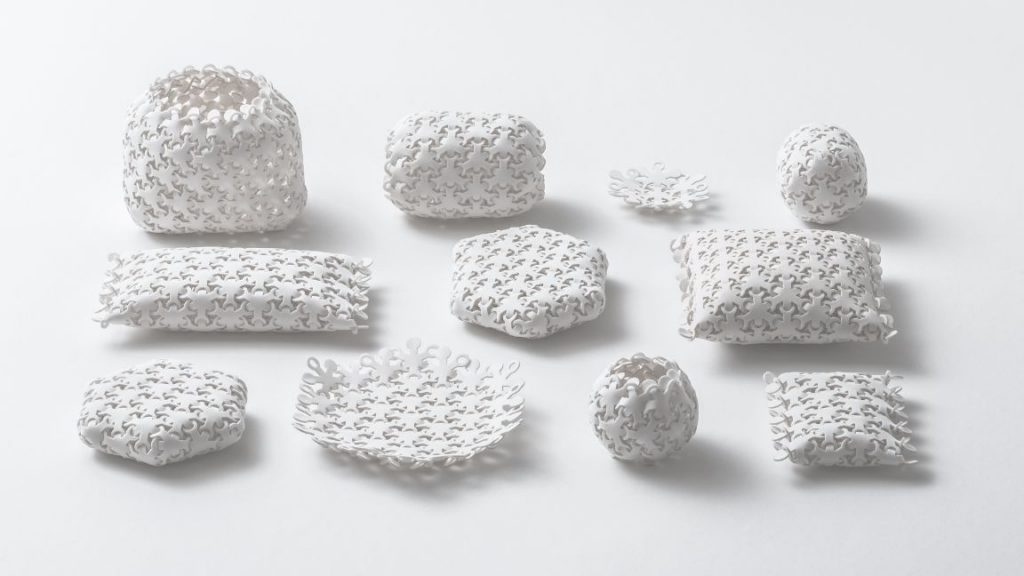
The remaining two finalists have both designed products with textiles.
Ukrainian architect Alina Holovatiuk’s InTempo mitts aid people facing emotional stress in public spaces and during public actions.
While Indonesian electrical and textile engineer Irmandy Wicaksono’s set of functional textiles, KnitX, is computationally-integrated with digital knitting to dynamically respond to gesture and sunlight, change appearance and provide thermoregulation.

The six finalists of the Lexus Design Awards will prototype their ideas with a per-project budget of approximately $25,000 USD.
The Grand Prix Winner is set to announced in April 2021 and will be chosen by a jury featuring Museum of Modern Art R&D director Paola Antonelli, Vector Architects design principal Dong Gong, Piaggio Fast Forward CEO and architect Greg Lynn and Toyota and Lexus Global Design head Simon Humphries.
Last year’s Lexus Design Award Grand Prix Winner was Kenyan design studio BellTower for its Open Source Communities, a proposal for efficiently designing communities in developing countries based on open-source plans.
Photography supplied.
You Might also Like



